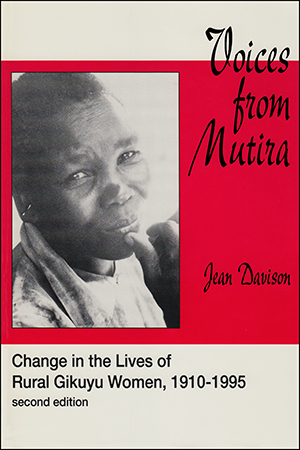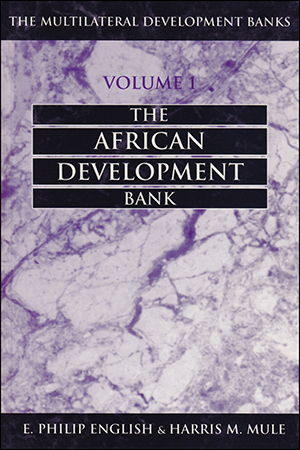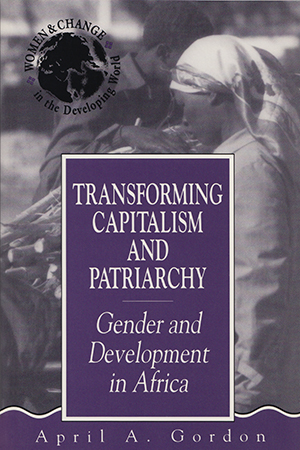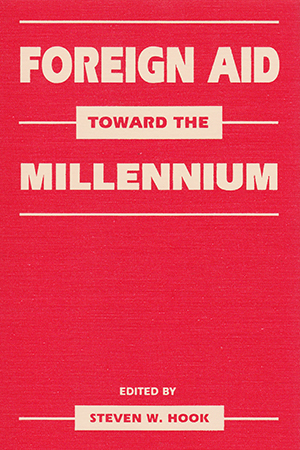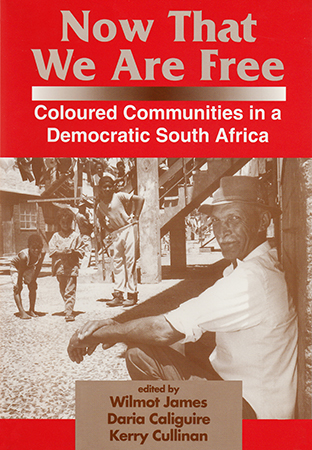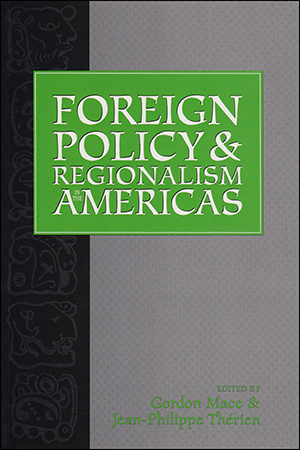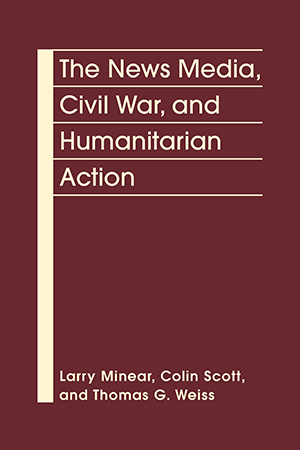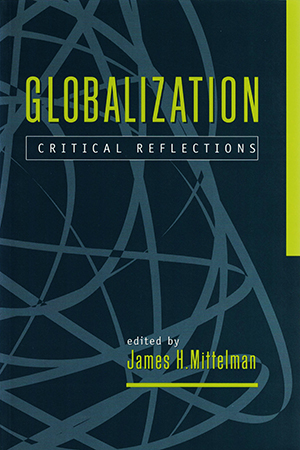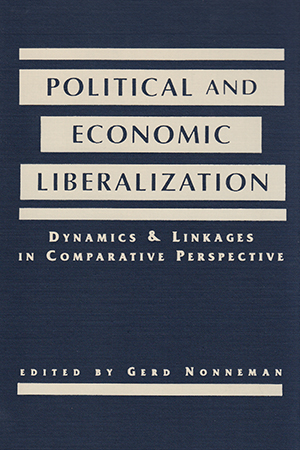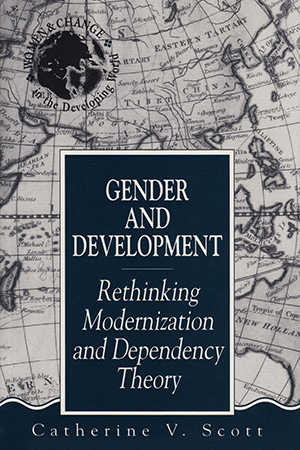BOOKS
To update this rich, informative collection of life histories, Davison returned to Mutira in 1989, 1992, and 1994, documenting the changes occurring since her 1984 study. Six of the seven More >
The multilateral banks are powerful forces in the international community, providing loans of more than $250 billion to developing countries over the last half-century. The best-known of More >
Using insights from feminist theory and political economy, Gordon examines the implications for women of current economic and political reform efforts in Africa. Much of the work on women More >
Like world politics itself, the foreign-assistance regime of the late 1990s is characterized by fundamental change and widespread uncertainty. This book confronts these changes and More >
Under apartheid, coloured people in South Africa were not "white enough." Now, some fear that they are not "black enough" to benefit from a democratic South Africa, as More >
This comparative analysis of foreign policy behavior in the Americas focuses on the emerging trend toward regionalism. Following a discussion of the phenomenon of regionalism in general, More >
The civil wars that have been prominent features of the first post–Cold War decade have revealed a close and active relationship among the news media, governments, and humanitarian More >
This book analyzes the empirical trends constituting the globalization process in the late twentieth century and explains its underlying causes and consequences. The authors explore the More >
Even amid the apparent post–Cold War consensus, the benefits and drawbacks of economic and political liberalization remain controversial. At the same time, explanations for the recent More >
Scott demonstrates that many prevailing ideas about development, dependency, capitalism, and socialism are anchored in the social constructions of gender differences. Early modernization More >



